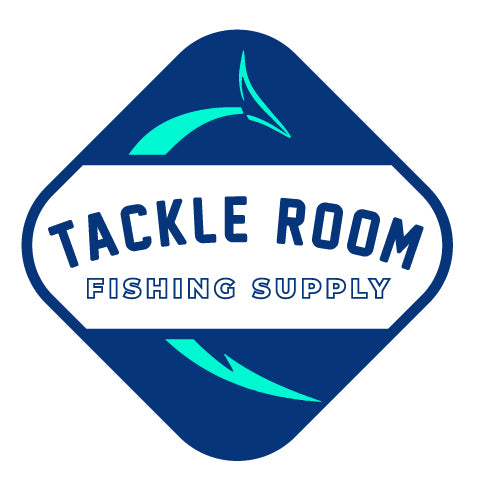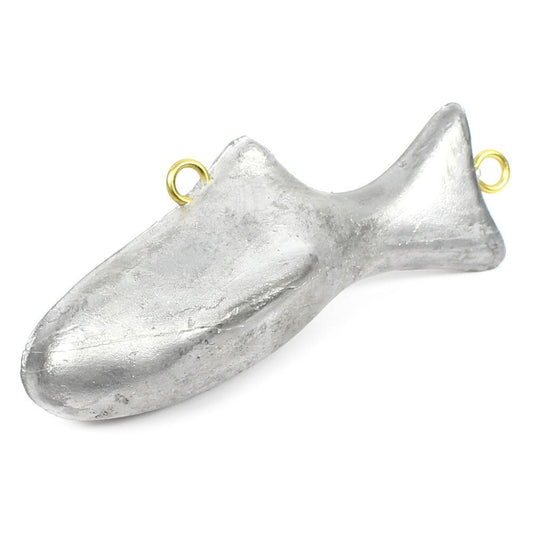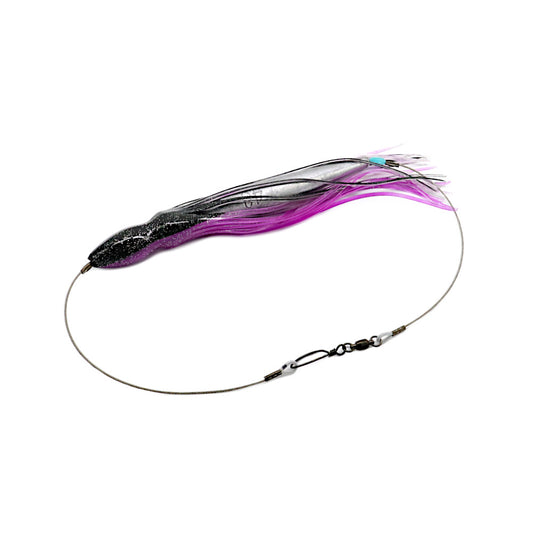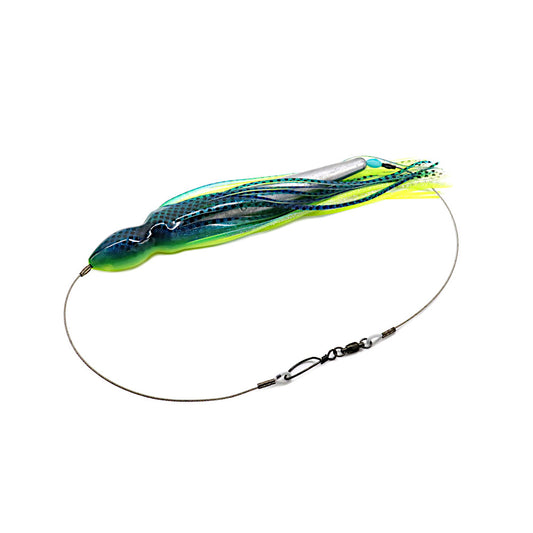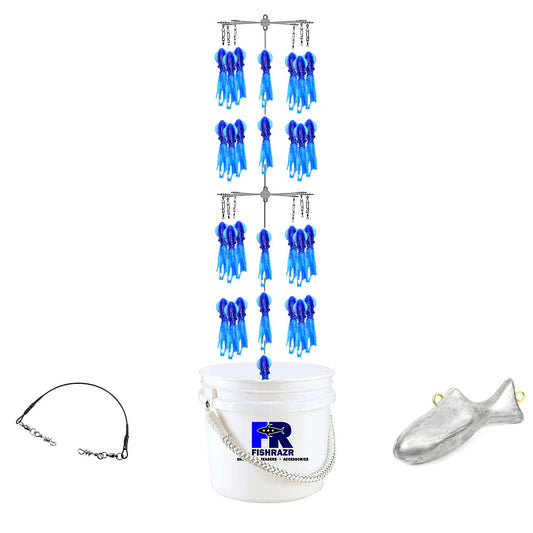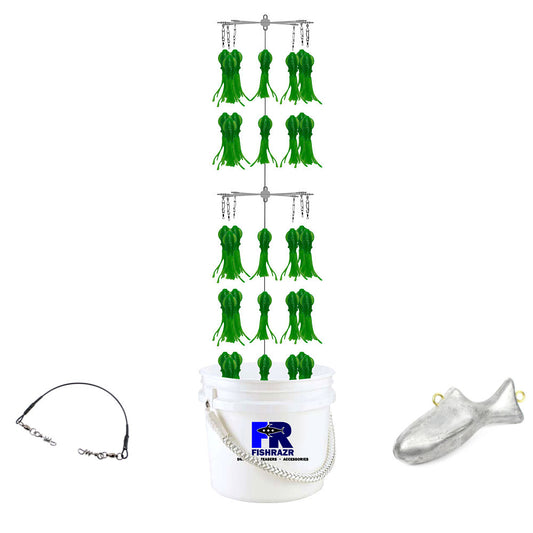-
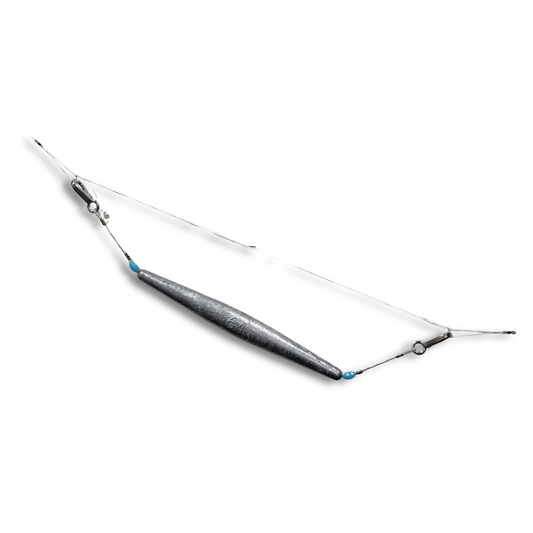
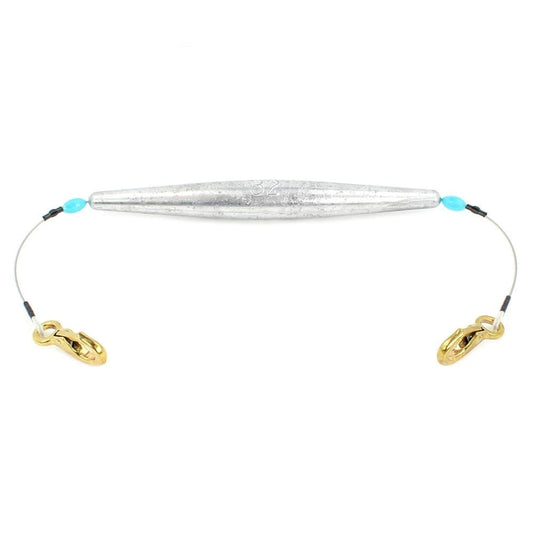 Sale
SaleBridle Weights
5.0 / 5.0
(8) 8 total reviews
Regular price From $26.99 USDRegular priceUnit price / per$32.99 USDSale price From $26.99 USDSale -
Dredge Fish Weights
Regular price From $27.99 USDRegular priceUnit price / per -
Dredge Connector Cable | Epic Fishing
5.0 / 5.0
(1) 1 total reviews
Regular price $21.99 USDRegular priceUnit price / per -
Dredge Weight
5.0 / 5.0
(1) 1 total reviews
Regular price From $30.99 USDRegular priceUnit price / per -
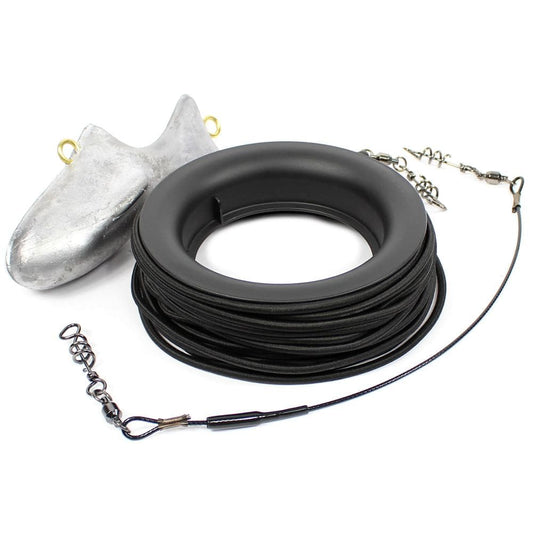
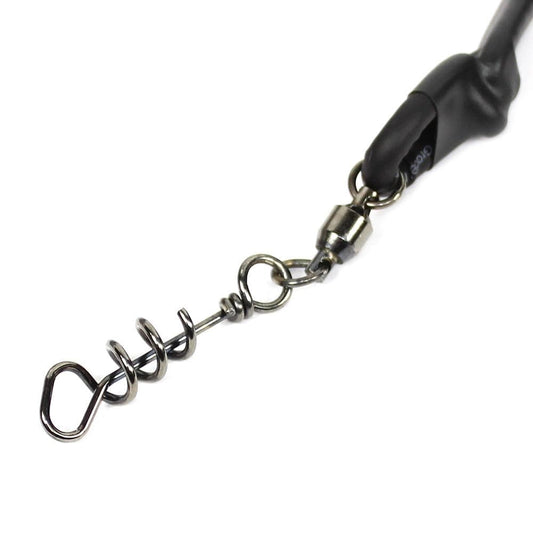 Sold out
Sold outFish Razr Dredge Pulling Kit
Regular price $119.99 USDRegular priceUnit price / per -
Fish Razr Phat Squid Bucket Dredge
Regular price $269.99 USDRegular priceUnit price / per
Collection: Dredge Weights
FAQ - Fishing Weights
1. What are fishing weights?
Fishing weights, also known as sinkers, are objects attached to fishing lines to increase the rate of sinking, anchoring ability, and casting distance.
2. What materials are fishing weights made from?
Fishing weights are commonly made from lead, but can also be found in other materials like steel, tungsten, and brass due to environmental concerns about lead.
Tackle Room Fishing Supply lead is USA based and locally in North & South Carolina. We use a proprietary hardening process on our lead to ensure proper hardness for trolling weights, deep drops, bank sinkers, bass casters, and our duck decoy weights.
3. How do I choose the right weight for my fishing needs?
The right weight depends on factors like water depth, current strength, and the type of fish you're targeting. Heavier weights are typically used for deep-sea fishing or strong currents, while lighter weights are suitable for shallow waters.
We have depth charts available if you email us or on our product pages for your specific weight.
4. What are the different types of fishing weights?
There are various types, including split shot, egg sinkers, bullet weights, pyramid sinkers, and bank sinkers, each designed for specific fishing conditions and techniques.
Offshore specific weights are deep drops & bank sinkers - great bottom fishing and deeper trolling.
Our Rigged Trolling weights are manufactured in house with high quality stainless steel cable and ball bearing snap swivels with brass crimps.
5. How do I attach a fishing weight to my line?
Weights can be attached using various methods, such as crimping split shot directly onto the line, threading egg sinkers onto the line, or tying specific knots for other types of weights.
Our Tackle Room Fishing Supply Fishing Bridles are a great solution for attaching trolling weights, deep drops, & bank sinkers.
6. Can I make my own fishing weights?
Yes, many anglers make their own weights using molds and materials like lead or non-toxic metals. However, proper safety precautions are essential when handling molten materials.
We encourage people to DIY their own weights OR just buy the weights from us and rig them yourselves. Our Terminal Tackle section is built for the Do It Your Self fisherman.
7. How do I maintain and store my fishing weights?
Store weights in a tackle box or organized container to prevent loss and damage. Rinse them with fresh water after use, especially if used in saltwater, to prevent corrosion.
Many fisherman paint their weights black to deter sharks as well. A good can of black spray paint from your local hardware store is the best way to keep them looking fresh after a few days on the water.
Let customers speak for us
from 1347 reviews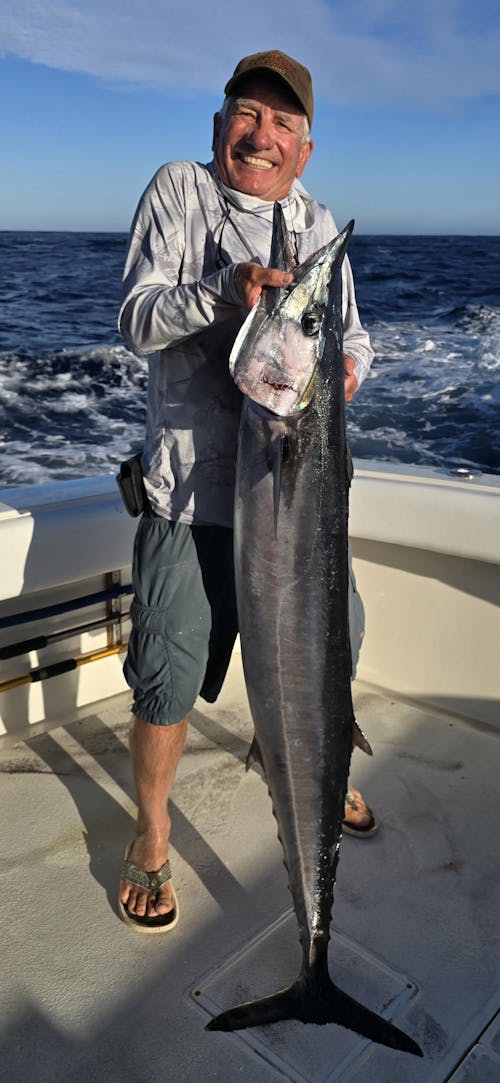
I ordered bulk line and received it in a timely manner.Great company and I will order more fishing tackle as needed..Capt.Tom
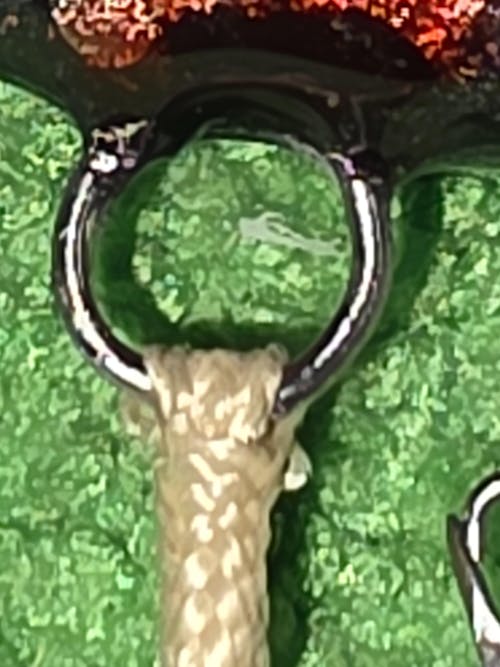
I use it for more then jigs it takes place of circle clips and swivels
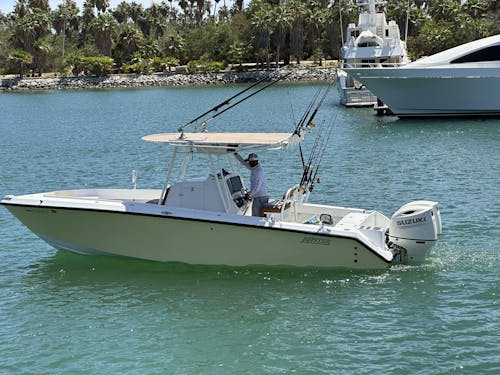
Great service and on-time delivery
Even received a phone call mentioning that I had my order placed twice so that I could actually get it straightened out and received exactly what I asked for
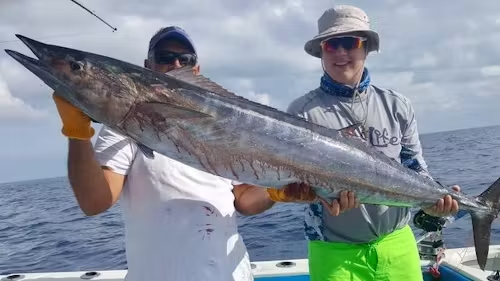
Best UV Sea Witch hair available. Measure out the hair on scale prior to tying. That way it is balanced out. Capt. Ryan Van Fleet Good Karma Sportfishing-Florida Keys. Wahoo love this stuff.

Used this differently than its intended design. I made raft oars counter balances from them. Previously used steel 4lb mounted on the exterior near the grips. These I was able to install into the shaft and at 5lbs was able to get the weight away from the grips. Both oars took about 30 minutes. Another bonus is the seller got the weights to me in 4 days vice 12 Amazon predicted.

Used these jigs this week and crushed the bonito on the east coast. This is a good bait to mimic the small bait fish in our area. Also great pack for a 2 pack. I bought a few different colors.
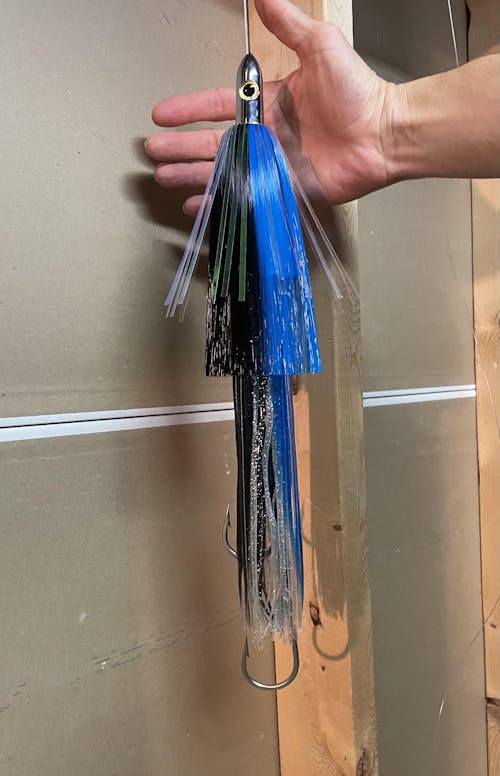
These are the best looking skirts. They’re also effective and durable.
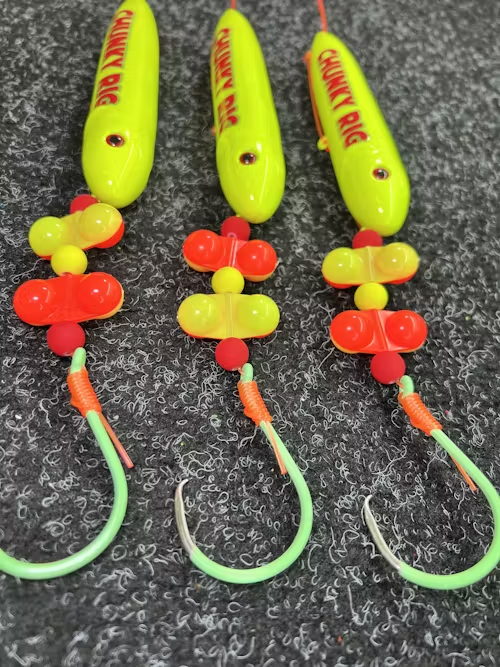
Absolutely by far the best leader line I have used on my Rigs
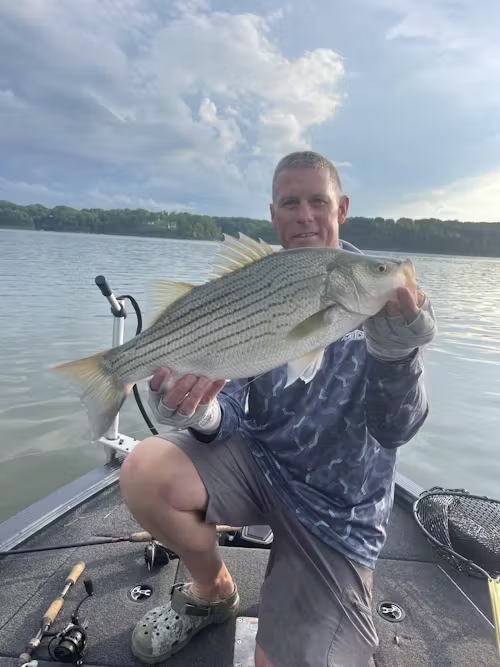
Purchased these and first trip out boated several very nice Hybrids. The fish were in 5-7lb range. The bait falls fast and the hooks are very sharp for solid hook ups. Glad I had an extra one because I gave it to my buddy in the boat and he immediately hooked up. These baits worked so well, I ordered several more. I also referred several of my friends to the site to order this bait.
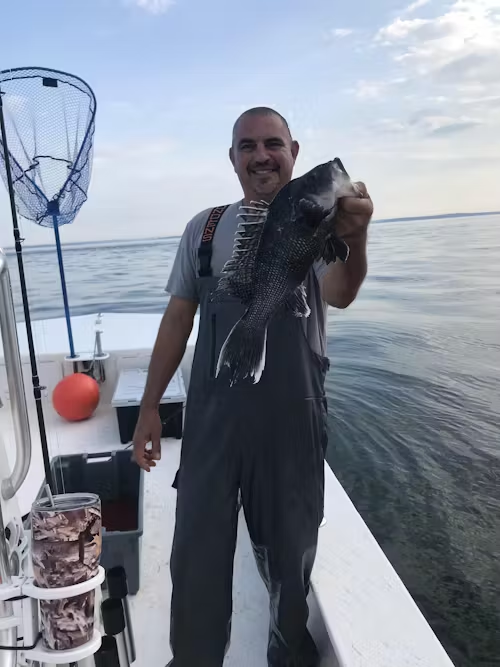
Caught limit on sea bass first day using lures. Highly recommend!
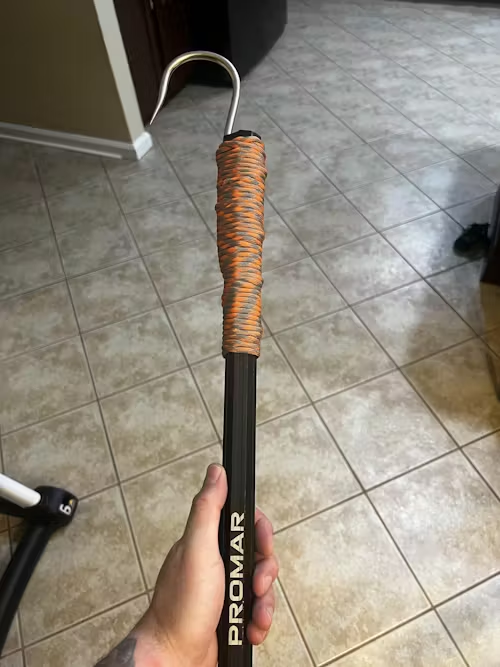
Perfect gaff hook to make your own gaff. Sharp and sturdy!
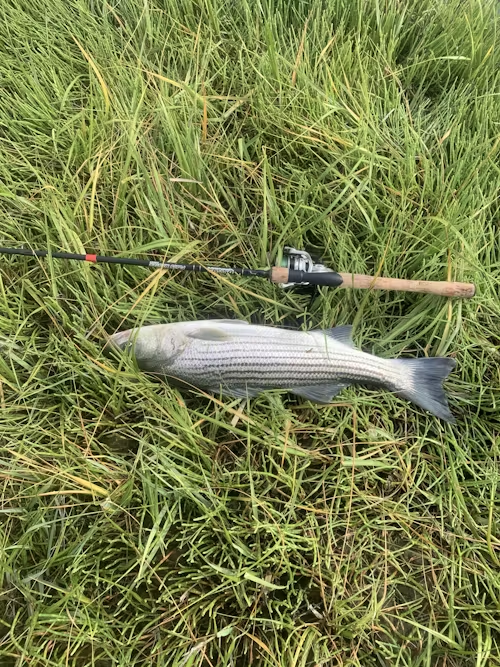
I have caught sizable schoolies on the smaller pink tube jigs and look forward to trying the heavier ones off shore, the stripers can’t resist them!
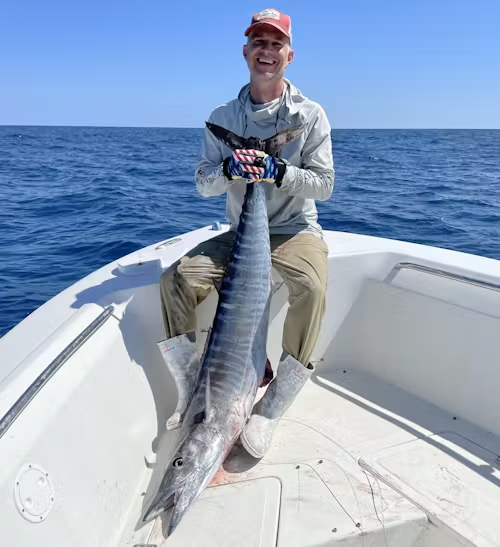
I live six hours from my boat in Swansboro and want my gear perfect when I step onto it a few times a month. I’ve counted on TheTackleRoom for many years to make sure I get what I need, when I need it before I head to the coast, and they have always delivered. I just received another order and am glad the level of service has stayed top notch.
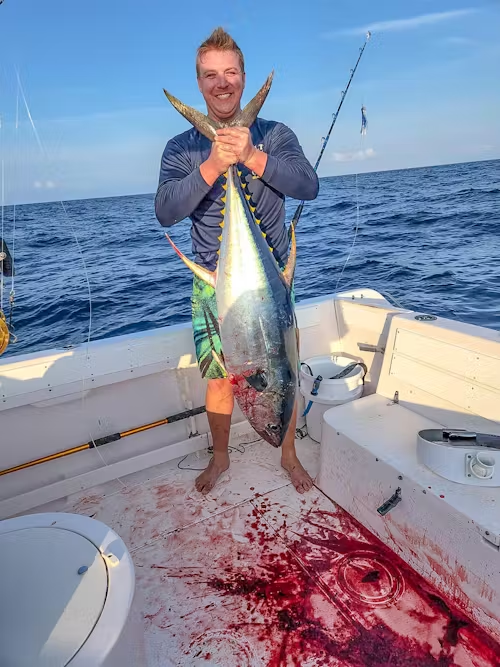
These lures catch fish. Surface or on down riggers, by far my most productive lure rigged with a ballyhoo!

Bluefin love them, get you down quickly into the zone.
